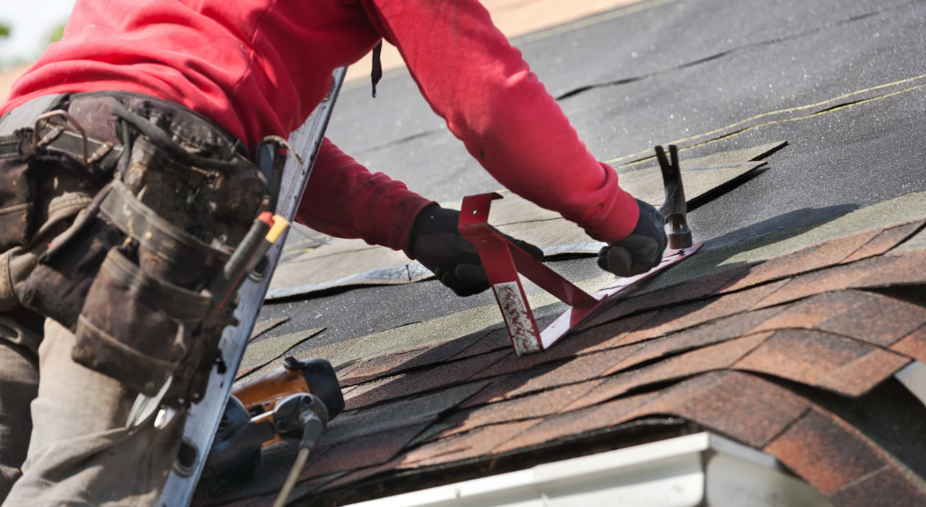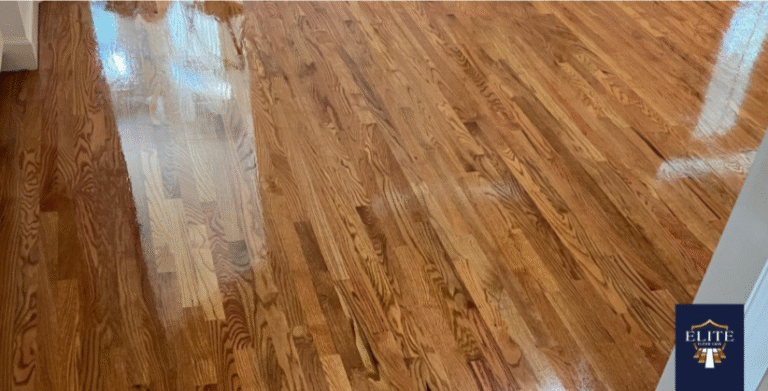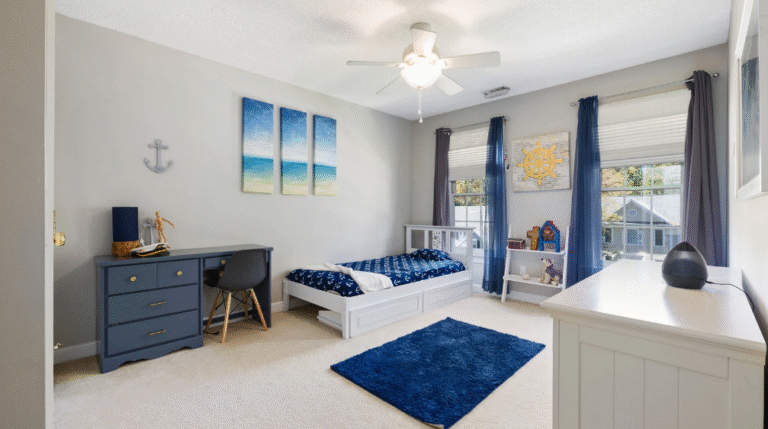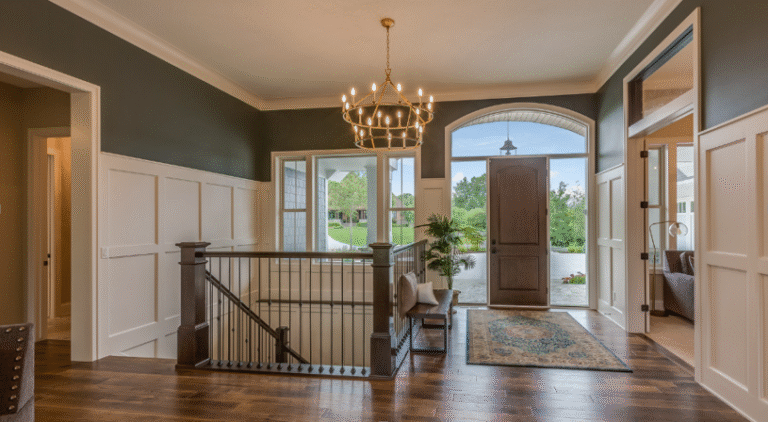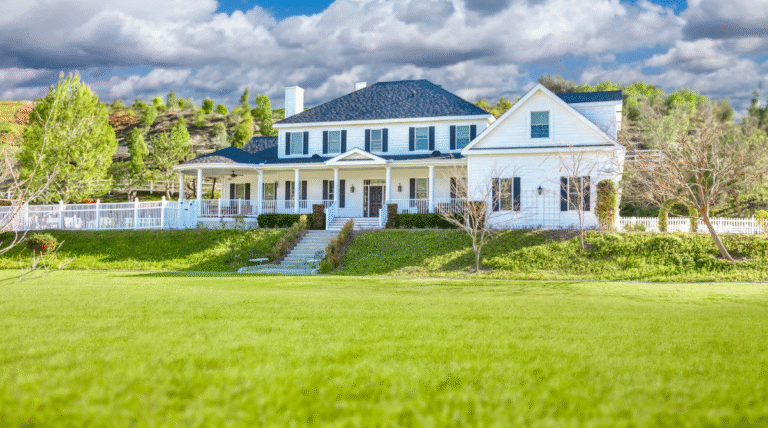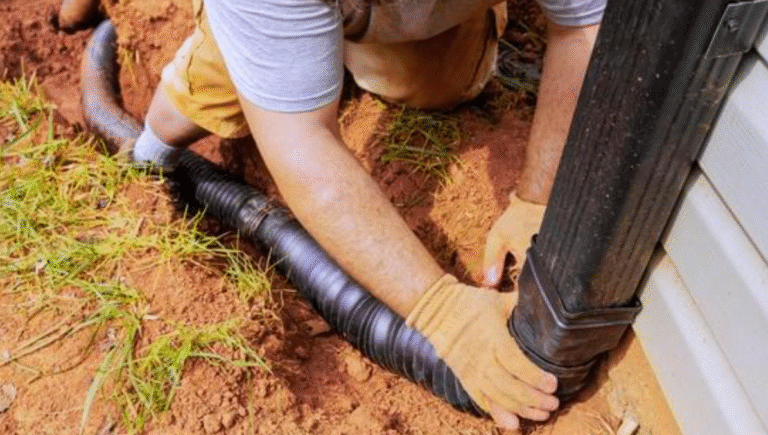Roof Repair vs. Replacement: Making the Right Choice
When your roof shows signs of damage, the first question that often arises is whether you should repair it or opt for a full replacement. Each option comes with its own set of benefits, and the decision depends on several key factors such as the extent of damage, age of the roof, and your long-term plans for the home. For homeowners seeking roofing repair in Dunwoody, making an informed decision can protect your investment while avoiding unnecessary expenses.
When Repairs Are the Smarter Option
Not every roof issue calls for a full replacement. In many cases, targeted repairs can restore performance and extend the lifespan of your roof. Missing shingles, minor leaks, or isolated storm damage can typically be addressed without tearing off the entire structure.
Understanding how long it takes to repair common roof problems can also influence your decision. For example, patching a leak or replacing a few shingles often takes just a few hours to a day, minimizing disruption and cost. These small-scale interventions help you manage wear without a major financial commitment.
Repairs are particularly effective when your roof is still relatively new or if the damage is confined to one section. Acting quickly prevents the issue from spreading and preserves your roof’s overall integrity.
See also: Sweet Profits: What to Expect from a Candy Store Franchise
When Replacement Becomes Necessary
A full roof replacement is usually recommended when the damage is widespread or the roof is nearing the end of its useful life. If your shingles are curling, buckling, or losing granules across large areas, it’s a sign that the material is failing. In such cases, patchwork repairs may only serve as temporary fixes.
Age is also a major factor. Most asphalt roofs last 20 to 25 years. If your roof is within that age range and showing signs of fatigue, replacement may be the more practical, long-term solution.
Roof replacements can also improve your home’s energy efficiency and enhance its resale value. New materials offer better insulation, reducing heating and cooling costs. While more expensive upfront, they offer long-term savings and peace of mind.
Weighing Costs and Long-Term Benefits
While replacement offers durability, it’s not always the most cost-effective route in the short term. That’s why it’s important to remember that regular roof repairs can save you money by preventing small issues from developing into major structural problems. Routine maintenance extends the life of your roof, defers the need for replacement, and minimizes emergency repair costs.
Comparing the total cost of ownership between ongoing repairs and a one-time replacement can help you decide which option suits your needs best. In many cases, investing in periodic repairs and inspections is the key to avoiding unexpected expenses.
Conclusion
Deciding between roof repair and replacement doesn’t have to be overwhelming. Evaluating the age, extent of damage, and cost implications will help you make the right choice. Small, localized issues often justify repairs, especially when addressed quickly. On the other hand, an aging or severely compromised roof may warrant a complete replacement for long-term stability and efficiency.
Either way, working with a professional ensures the best solution for your home’s safety and longevity.
